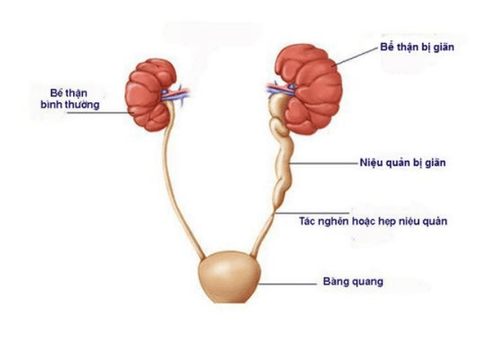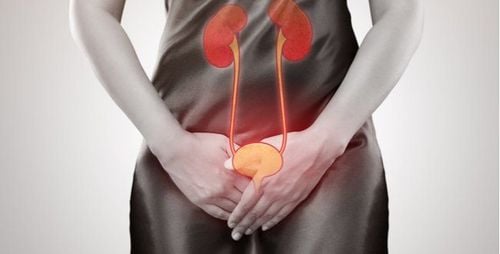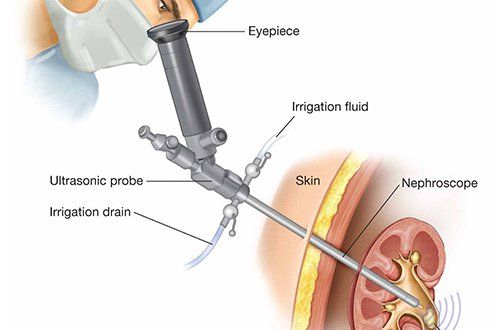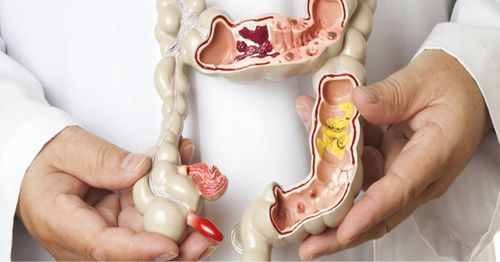This is an automatically translated article.
The article is written by Doctor CK II Phan Phi Tuan - Head of General Surgery Department, Vinmec Phu Quoc International General Hospital.
Urinary stones are a common disease, accounting for 2-3% of the population and accounting for 30-40% of urological diseases, in which ureteral stones are the second most common disease after kidney stones. In the world today, there are many methods of ureteral stone intervention, in which endoscopic surgery to remove ureteral stones is increasingly widely indicated with many advantages, has brought very promising results. importance in recent years.
1. Why surgery to remove ureteral stones?
Stones cause serious damage to the urinary system, thereby affecting the health of the whole body. If the disease is not treated in time, it will lead to the following dangerous complications:Kidney infection: When the kidney is blocked by stones, bacteria will have conditions to multiply and develop, thereby causing urinary tract infection. It can cause sepsis and, if not treated well, can lead to death. Causes back pain, blood in urine: The movement of stones in the kidney, ureters, bladder, especially stones with sharp thorns will rub and collide with the urinary tract causing back pain and blood in urine. Injury to the urinary tract also creates conditions for bacteria to enter and cause infection. If stones enter the bladder, it will cause painful urination, frequent urination, and difficulty urinating. Renal failure: Urine from the kidneys travels down the bladder through the ureters. Ureteral stones block this pathway and put pressure on the kidneys, causing irreversible kidney failure in the long run.

2. What are the advantages of retroperitoneal endoscopic stone removal?
Laparoscopic ureteral stone removal, if performed by a skilled and highly qualified doctor, will have the following advantages:
Quick operation time, less pain due to less muscle damage. The hospital stay is shorter than with the classic open surgery. Short incision, high aesthetics. Reducing costs due to a short hospital stay, helping patients quickly integrate into the social community. However, this surgery sometimes also has complications such as:
Injury to arteries, veins, vascular branches may require conversion to open hemostasis. Some complications - complications related to trocar placement: Intestinal injury during surgery occurs in about 0.13% of cases, of which up to 69% is not detected during surgery. In order to minimize the occurrence of complications after surgery for ureteral stones, patients need to choose surgery at reputable large hospitals, with a team of good doctors and modern equipment for effective treatment. value is optimized.
Please dial HOTLINE for more information or register for an appointment HERE. Download MyVinmec app to make appointments faster and to manage your bookings easily.














